 Pursue your claim in time or forfeit your right to recovery. That is what the Louisiana doctrine of prescription generally holds. This doctrine bars a claimant’s right of recovery when he or she fails to exercise it within a certain time period. In Louisiana, the Medical Malpractice Act governs the prescriptive period for medical malpractice actions. This statute provides two options as to the starting point of the prescriptive period: the date of the alleged tortious act or the date of the discovery of the tortious act. This second option is known as the discovery rule, and was recently discussed by the Louisiana Third Circuit Court of Appeals.
Pursue your claim in time or forfeit your right to recovery. That is what the Louisiana doctrine of prescription generally holds. This doctrine bars a claimant’s right of recovery when he or she fails to exercise it within a certain time period. In Louisiana, the Medical Malpractice Act governs the prescriptive period for medical malpractice actions. This statute provides two options as to the starting point of the prescriptive period: the date of the alleged tortious act or the date of the discovery of the tortious act. This second option is known as the discovery rule, and was recently discussed by the Louisiana Third Circuit Court of Appeals.
In November of 2010, Don Wright underwent hospitalization due to endocarditis. After being released from the hospital in December 2010, Mr. Wright continued to suffer from medical complications. Just a few days after his release, he was admitted to the emergency room of Christus St. Francis Cabrini Hospital in Alexandria, Louisiana with symptoms of stroke. According to Mr. Wright, his condition continuously deteriorated, resulting in a seizure and the discovery of a major left-side bleed due to the hospital’s negligent use of the blood thinner, Heparin. Mr. Wright became paralyzed on his left side and is unable to verbally communicate.
On December 15, 2011, Mr. and Mrs. Wright filed sent a letter to the Commissioner of Administration, requesting the formation of a Medical Review Panel to consider malpractice actions against his healthcare providers. On July 26, 2013 the Wrights drafted another letter titled “First Supplemental and Amending Complaint Letter,” which they intended to replace the complaint letter filed in December 2011. Two of the defendants named in the Wrights’ complaint, Nurse Practitioner Craig Manzer and Dr. Gary P. Jones filed an exception of prescription, arguing that the time period for the allegations in the Wrights’ complaint had elapsed. The Trial Court granted these defendants’ exceptions of prescription and dismissed the plaintiffs’ claims against them. The Wrights appealed, arguing in part that the Trial Court erroneously found that the prescriptive period applicable to Mr. Manzer and Dr. Jones started on November 30, 2010 and December 4, 2010, respectively.
 Louisiana Personal Injury Lawyer Blog
Louisiana Personal Injury Lawyer Blog


 If a person defaults on student loan payments, the loan issuer can obtain a order from the court, directing an employer to withhold money from the person’s earnings until the defaulted loan has been paid in full. A Bossier Parish School Board (“BPSB”) employee stopped paying her student loans. In order to recover the default amount, the student loan company hired a collection agency, Pioneer Credit Recovery Inc. (“Pioneer”) top. Pioneer sent BPSB an order from a court (making them a garnishee) requiring it to deduct the employee’s earnings to a sufficient amount to make payments on the loan. BPSP complied, taking money out of the employee’s paycheck monthly, until the default amount was completely satisfied.
If a person defaults on student loan payments, the loan issuer can obtain a order from the court, directing an employer to withhold money from the person’s earnings until the defaulted loan has been paid in full. A Bossier Parish School Board (“BPSB”) employee stopped paying her student loans. In order to recover the default amount, the student loan company hired a collection agency, Pioneer Credit Recovery Inc. (“Pioneer”) top. Pioneer sent BPSB an order from a court (making them a garnishee) requiring it to deduct the employee’s earnings to a sufficient amount to make payments on the loan. BPSP complied, taking money out of the employee’s paycheck monthly, until the default amount was completely satisfied.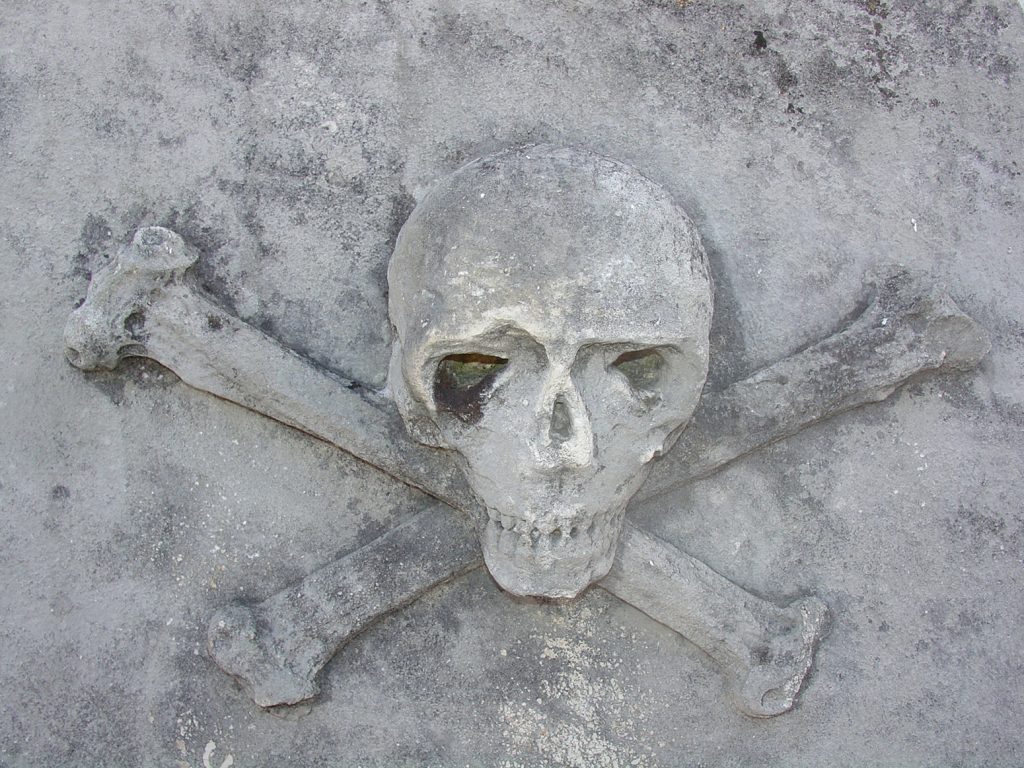
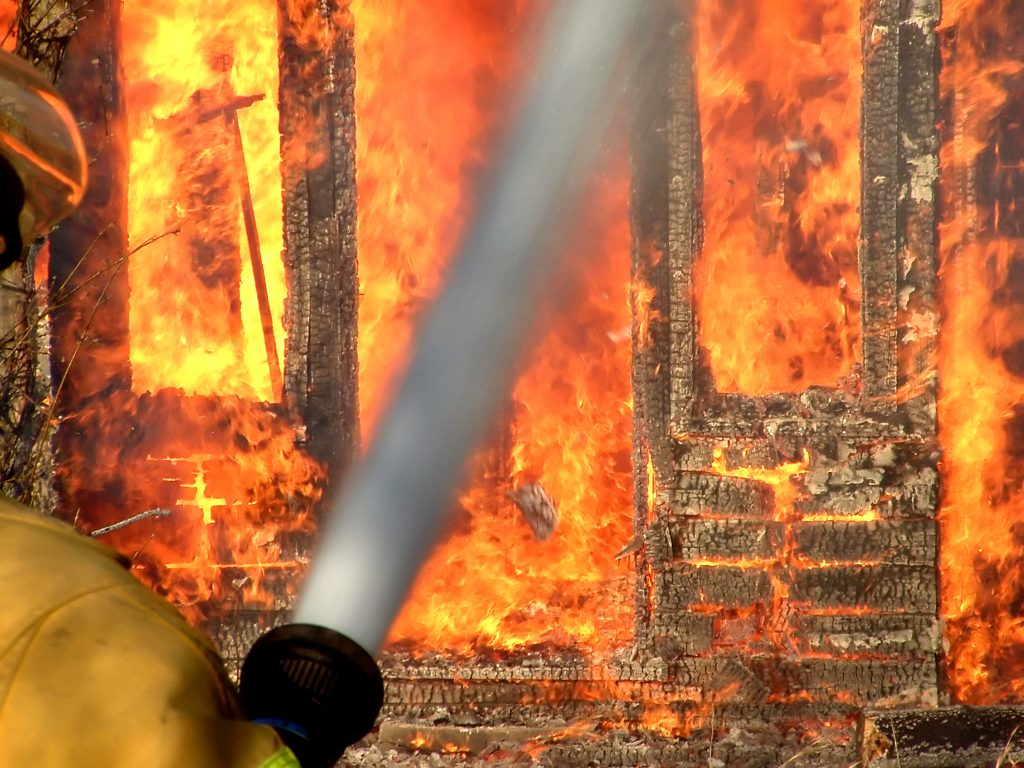 A fire at a building you own cannot only damage your property but others as well. So what happens when a fire starts at your property and then quickly spreads to others, are you liable for their losses as well? The following case demonstrates what happens in court when a piece of real estate catches fire, causing damage to a neighboring property.
A fire at a building you own cannot only damage your property but others as well. So what happens when a fire starts at your property and then quickly spreads to others, are you liable for their losses as well? The following case demonstrates what happens in court when a piece of real estate catches fire, causing damage to a neighboring property. 
 Antitrust laws protect competition and prevent monopolies. Ultimately, they are meant to protect consumers by ensuring healthy competition. Yet it is a common misconception that antitrust laws protect individual competitors in the marketplace; that each unique competitor is itself the competition that antitrust laws seek to protect. False. Antitrust laws are designed to protect competition – the integrity of the marketplace in which competition occurs – not individual competitors. See
Antitrust laws protect competition and prevent monopolies. Ultimately, they are meant to protect consumers by ensuring healthy competition. Yet it is a common misconception that antitrust laws protect individual competitors in the marketplace; that each unique competitor is itself the competition that antitrust laws seek to protect. False. Antitrust laws are designed to protect competition – the integrity of the marketplace in which competition occurs – not individual competitors. See A recent case arising out of Tensas Parish, Louisiana, highlights the importance of checking on leases that burden any land before purchase. “Legacy lawsuits” are claims that oil and gas operations caused contamination on a property and generally name any operators who worked at the property and could have contributed to the contamination. In this aspect, the case out of Tensas Parish is no different. This case involves a legacy lawsuit where landowners purchased a property in 2002, but the property was subject to mineral leases/servitudes as early as the 1940s by different oil and gas companies.
A recent case arising out of Tensas Parish, Louisiana, highlights the importance of checking on leases that burden any land before purchase. “Legacy lawsuits” are claims that oil and gas operations caused contamination on a property and generally name any operators who worked at the property and could have contributed to the contamination. In this aspect, the case out of Tensas Parish is no different. This case involves a legacy lawsuit where landowners purchased a property in 2002, but the property was subject to mineral leases/servitudes as early as the 1940s by different oil and gas companies.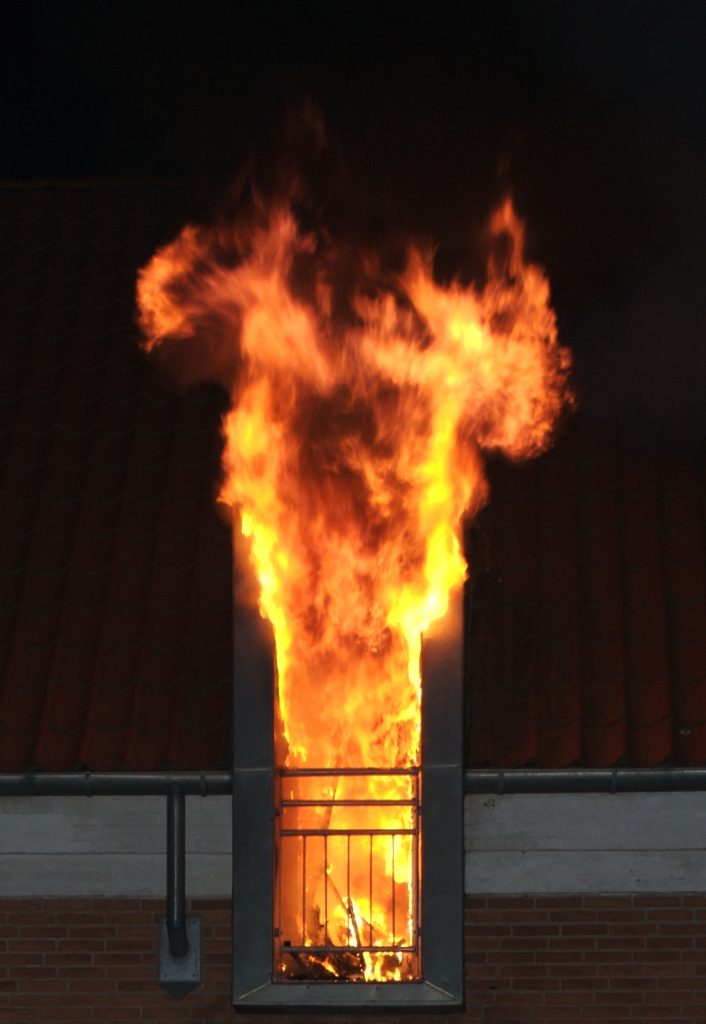 The case may have seemed simple enough to the courts at first: interpret a contract. The main question in the case before the U.S. Court of Appeals for the Fifth Circuit was whether to apply the business’ projected income versus the actual income when calculating the coinsurance reward. The Court had to determine whether the language in the insurance policy and contract was clear as to which income it referred to. The Court applied Louisiana law, and indicated that courts must apply the contract as a whole, rather than in separate parts. The Court also applied the same law, which prior Louisiana Supreme Court decisions established, in determining that a court must enforce a contract as it is written when the contract’s meaning is clear and unambiguous.
The case may have seemed simple enough to the courts at first: interpret a contract. The main question in the case before the U.S. Court of Appeals for the Fifth Circuit was whether to apply the business’ projected income versus the actual income when calculating the coinsurance reward. The Court had to determine whether the language in the insurance policy and contract was clear as to which income it referred to. The Court applied Louisiana law, and indicated that courts must apply the contract as a whole, rather than in separate parts. The Court also applied the same law, which prior Louisiana Supreme Court decisions established, in determining that a court must enforce a contract as it is written when the contract’s meaning is clear and unambiguous.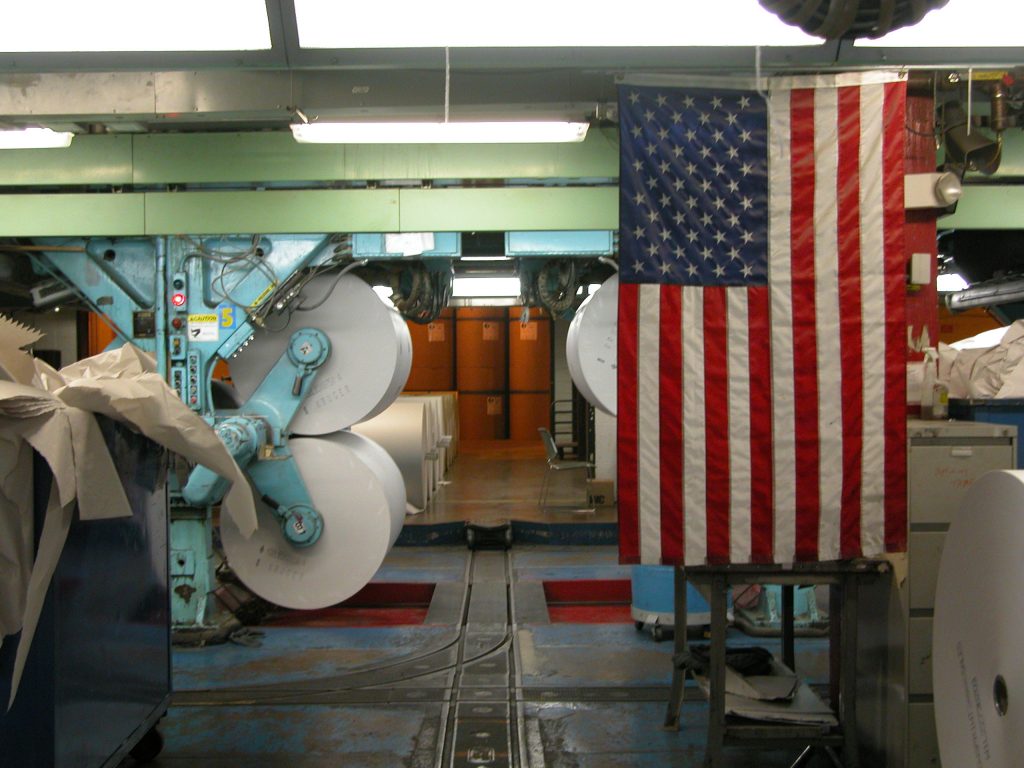 It costs money to file a lawsuit against a party who has wronged you, and it also costs money to defend yourself when another party brings a lawsuit against you. Imagine taking on those costs only to lose the case in the end — and then imagine having to also pay for the winner’s attorney’s fees.
It costs money to file a lawsuit against a party who has wronged you, and it also costs money to defend yourself when another party brings a lawsuit against you. Imagine taking on those costs only to lose the case in the end — and then imagine having to also pay for the winner’s attorney’s fees.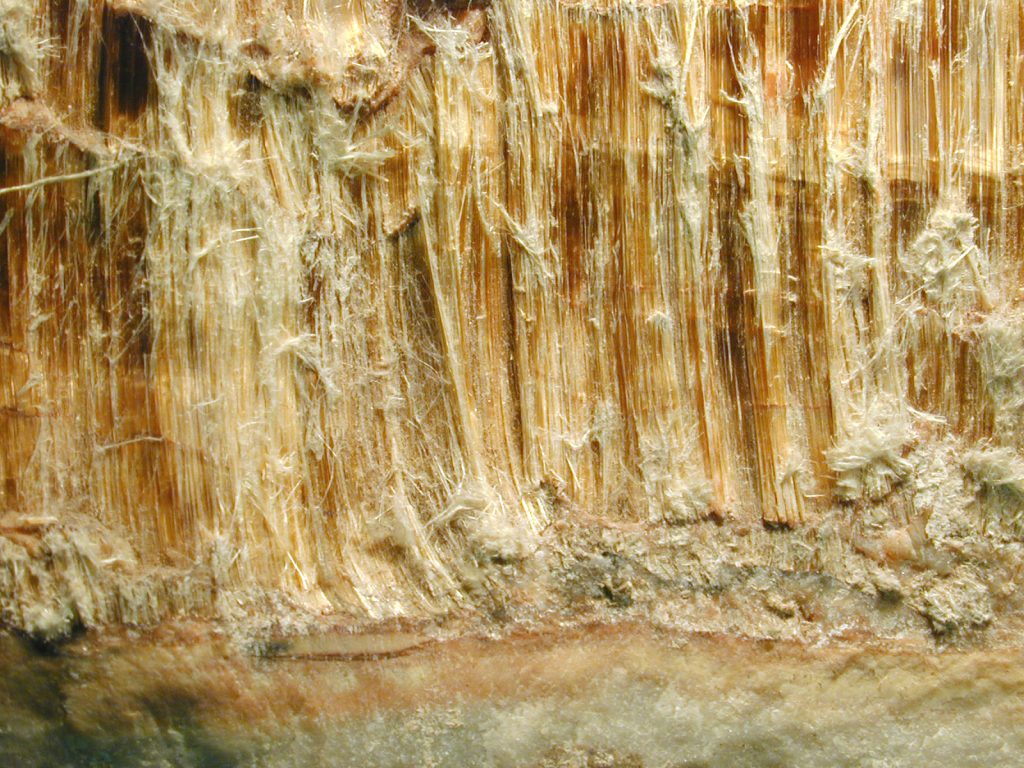 It seems that asbestos can be toxic not only to people, but also to companies as well. Anco sold, distributed, repaired, and installed insulation materials containing toxic asbestos that can cause mesothelioma and cancer from 1972 until the early 1980’s. The company based in Louisiana conducted business in Louisiana, Mississippi and Texas during that time. As a result, it has faced upwards of 2700 lawsuits across the three states.
It seems that asbestos can be toxic not only to people, but also to companies as well. Anco sold, distributed, repaired, and installed insulation materials containing toxic asbestos that can cause mesothelioma and cancer from 1972 until the early 1980’s. The company based in Louisiana conducted business in Louisiana, Mississippi and Texas during that time. As a result, it has faced upwards of 2700 lawsuits across the three states.